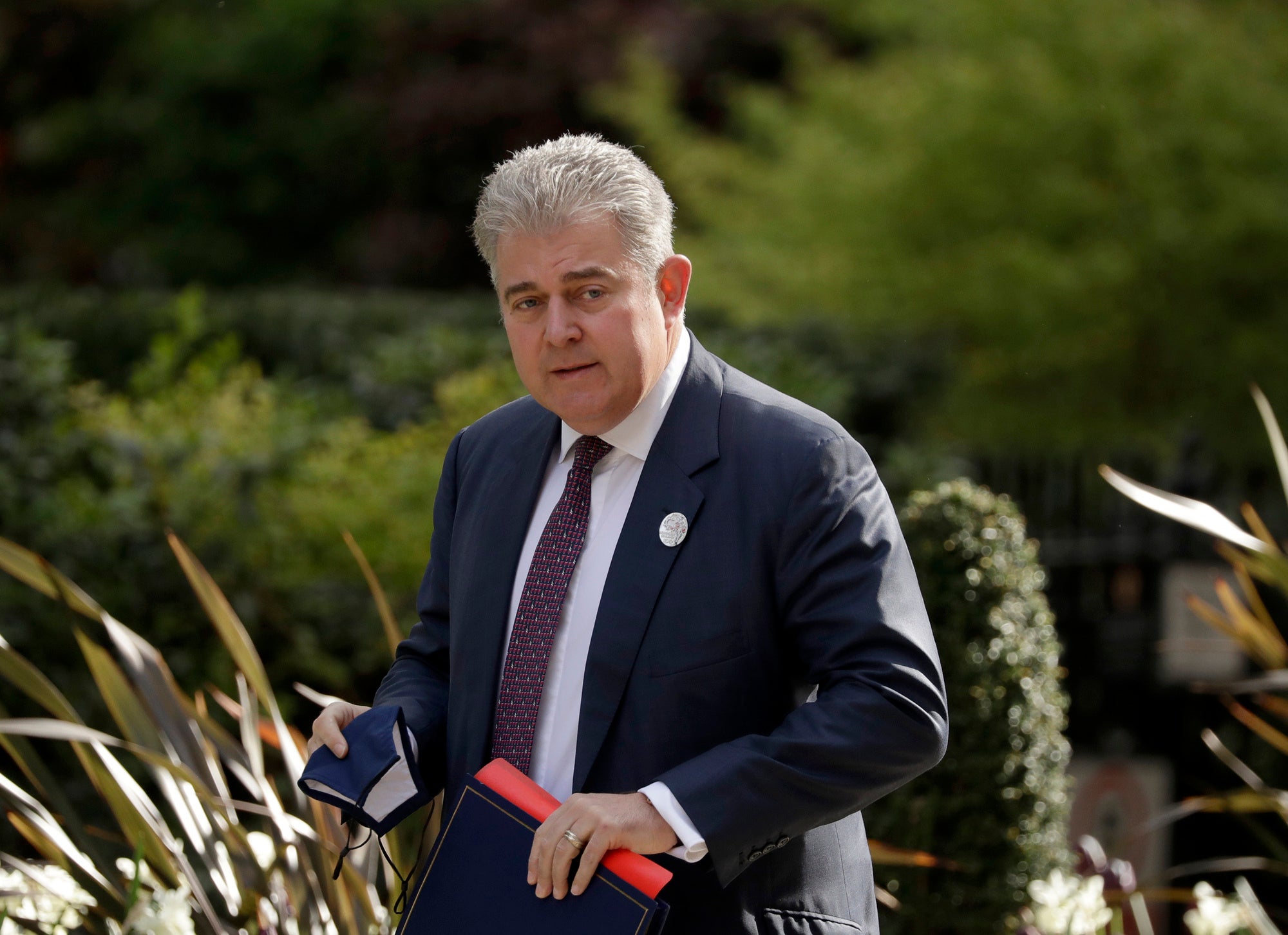The Northern Ireland amnesty will be no comfort to those who lost loved ones fighting during the Troubles
Editorial: This legislation is an attempt to appear even-handed in closing down prosecutions of British ex-service personnel, by making similar provision for terrorist murderers

It is a curious “offer” to make the bereaved of Northern Ireland. The government’s blanket amnesty for offences during the Troubles amounts to saying to each family, whether their misery was caused by crown forces or terrorists, that, no, they will now never get justice for their loved one – but, then again, neither will anyone else, whatever the circumstances. That is unlikely to provide much solace.
Grief is not a relative matter. While in most areas of human life people may well feel better or worse off through making comparisons with their workmates, counterparts, friends, family or even strangers who appear in the BBC star salary lists, there is no amount of suffering imposed on someone else that can act as recompense for one’s own sense of loss. It doesn’t really work like that, as anyone should know. The government’s new legislation, therefore, starts from a rather shaky premise.
Plainly it is an attempt to end the prosecution of a very few British soldiers for crimes committed around half a century ago. It is perhaps not fully realised that many of these cases of unlawful killings were not in the heat of battle or in immediate self-defence, and did not in fact, at least in some cases, involve terrorists at all. Some were of innocent civilians who had a right to life. The Conservatives and their unionist allies have since wished to stop these prosecutions, even where the courts decided there was a case to answer. These same people argued that the inquiries into Bloody Sunday and the Ballymurphy massacre were too expensive, or divisive or irrelevant.
There is a natural instinct to defend the security forces who served bravely and under orders, and who themselves suffered losses – but the armed forces of a civilised nation have to behave under certain codes and conventions, even if the terrorists do not. There is much we now know that suggests that British attempts to keep the peace in Northern Ireland were flawed and unlawful. Boris Johnson once again used the pejorative term “vexatious” to describe and deride the judicial process. This unusual retrospective legislation is an attempt to appear even-handed in closing down prosecutions of elderly British ex-service personnel, by making similar provision for terrorist murderers, republican and loyalist alike.
The truth though is that those former gunmen, torturers and bombers from the IRA and the like have no more right to walk free and fearless than do the ex-soldiers who killed civilians. All should face justice, and all families should have retribution and answers to their questions.
The problem is that the Good Friday Agreement almost a quarter of a century ago set an effective precedent for pardons and amnesties that makes it difficult, politically and morally, to hold to the normal rule that criminals – whether in proper uniform or paramilitary garb – should face the consequences of their actions. It set up the conditions whereby all kinds of fake moral equivalences can be drawn, the arguments confused, and justice denied. The pardons issued by Tony Blair were granted to some of the most notorious of killers, all in the name of getting the peace agreement over the line and the Troubles ended. It worked, though at a price, paid by families from many backgrounds across these islands.
Perhaps the best that can be hoped for now that justice has receded is for truth and reconciliation to emerge. Whether this is through the formal machinery of a commission, as in the famous South African example, or through further individual inquiries, or simply those involved telling their stories and, literally, saying where the bodies are buried, is a matter for consideration now. The situation in the province is tense, and it needs an approach that commands respect on all sides.
Join our commenting forum
Join thought-provoking conversations, follow other Independent readers and see their replies
Comments
Bookmark popover
Removed from bookmarks